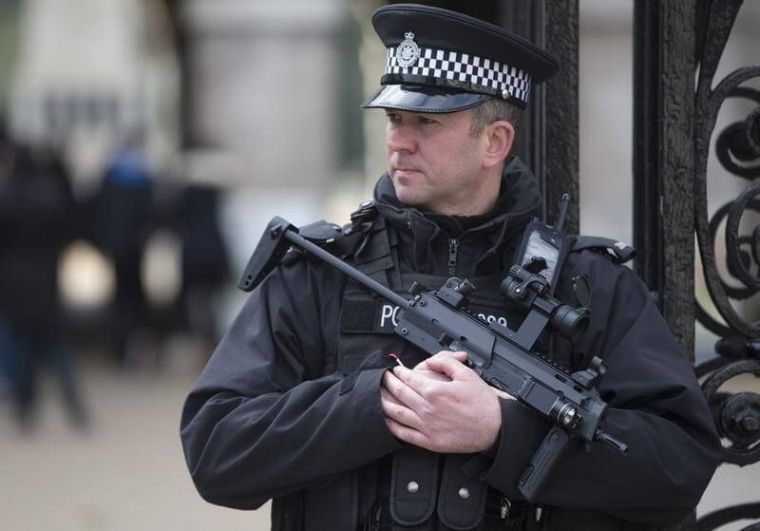Counter-extremism plans link conservative religion with violence, warn MPs
The government's current plans to counter-extremism "drives wedges between communities" and is based on the flawed assumption that conservative religious views correlate with violence.
This is according to a damning report by parliament's joint-committee for human rights which said the plans for a bill to tackle extremism have "stalled or even gone backwards" as the government cannot even define what it means by "non-violent extremism".

The comprehensive report by the cross-party group of MPs and peers from the House of Lords suggests the government's proposed counter-extremism bill, now rebranded to be a counter-extremism and safeguarding bill, is superfluous because all laws already exist to target any offences.
The committee stressed the need for a clear distinction between violent extremism and religious conservatism.
They said: "New legislation which would impact on those expressing conservative religious views poses two problems: either it will focus on Muslims, be seen as discriminatory and drive a wedge between communities, or it would operate indiscriminately and could be used against any groups who espouse conservative religious views."
Jeremy Lefroy, a Christian Tory MP who sits on the committee, said the government's plans risk using a "sledgehammer to crack a nut".
He told Christian Today: "There is a big difference between people who hold religious views some might say are conservative and people who commit real acts of violence.
"There are an awful lot of people in [the] former category and very few in [the] latter. The key is to deal with people in [the] latter category." He said the proposals would not do that.
One idea the Department for Education has muted would force any setting that teaches children outside of school, such as a Sunday school or youth group, to register with the government and face inspections by the regulatory body Ofsted.
But Lefroy said this would not only affect what churches felt able to teach but would also put people off volunteering. He said it was important to "tread carefully" around this issue.

The committee added: "The aim should be to tackle extremism that leads to violence, not suppress views with which the Government disagrees."
A major problem facing the government is how to define extremism if you want to target people before their actions turn violent. The report said there was "a degree of confusion" between departments on what so-called "non-violent extremism" meant.
Committee chairwoman Harriet Harman told BBC Radio 4's Today programme the government had previously defined extremism as "intolerance or not respecting the religious views or beliefs of others".
She said: "But the difficulty with that is – again it's the definition – for example, I don't respect religions that regard women as subservient, I don't tolerate the views or beliefs of people who think that homosexuality is a sin, but I'm clearly not an extremist on the path to violence.
"To have draconian orders – breach of which is a criminal offence – without being able to describe the problem that you're trying to put these orders against, is a problem."
A Home Office spokeswoman said: "Extremism causes terrorism and broader social harms including hate crime, honour-based violence and discrimination.
"That is why we published a counter-extremism strategy which confronts all forms of extremist ideology head-on, supports mainstream voices, and builds stronger and more cohesive communities.
"This broad counter-extremism agenda is distinct and complementary to our Prevent programme which safeguards those who may be vulnerable to being drawn into terrorism."











